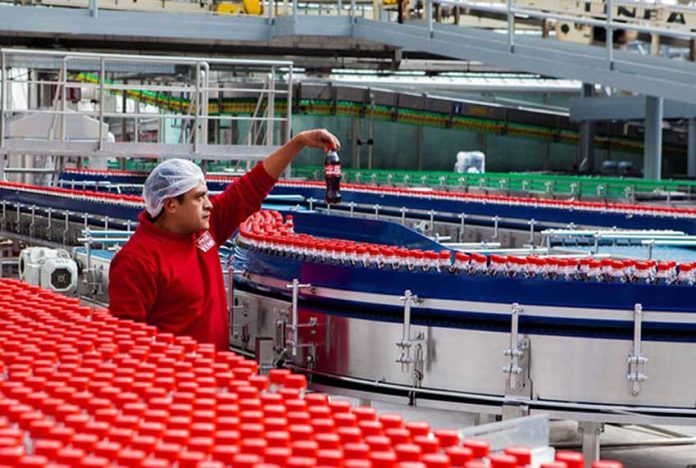President López Obrador today called Standard & Poor’s downgrading of the credit rating outlook for Mexico, Pemex and the Federal Electricity Commission (CFE) punishment for “neoliberal polices” implemented by previous governments.
The ratings agency yesterday lowered the outlook to negative from stable for the state oil company, the CFE and a range of Mexican companies and financial institutions. On Friday, S&P did the same for Mexico’s sovereign credit rating.
“What I believe is that they [S&P] are punishing the country for the neoliberal policies that were applied in the last 36 years, which were a categorical failure, especially in recent years and to be more precise last year when we had nothing to do with the government,” the president said at his morning press conference.
“In the case of Mexico, neoliberalism is a synonym for corruption, for theft,” López Obrador added, charging that Pemex and the CFE were “the most looted companies not just in Mexico but in the whole world during the neoliberal period” and that his administration has been left “to pay for the broken plates.”
The president accused S&P and other ratings agencies of remaining silent the whole time when “corruption reigned.”
“The only thing I can reproach, respectfully, is that all this time while Pemex and the Federal Electricity Commission were overrun by corruption, the rating agencies said nothing,” López Obrador said.
The president’s attack on the agencies comes just over a month after he unleashed a similar barrage of criticism in the wake of Fitch Ratings’ downgrading of Pemex’s credit rating to just above junk status.
S&P said yesterday that the government’s US $5.5-billion rescue package for Pemex falls short of the funding it requires while on Friday it said that there is a one-in-three chance of a downgrade in Mexico’s credit rating during the coming year.
Among the companies that saw the outlook for their credit rating revised to negative from stable were Coca-Cola Femsa – the world’s largest Coke bottler, telecommunications giant América Movil, retailer Liverpool, two highway infrastructure companies and seven insurance companies.
The revised outlook for Coca-Cola Femsa and América Movil reflects their exposure to the government’s financial vulnerabilities, S&P said.
Telecommunications and beverage firms are “moderately sensitive to country risk,” the agency explained, adding that if it were to lower Mexico’s sovereign rating, it would also consider a one-notch downgrade for Coca-Cola Femsa and América Movil.
With regard to Liverpool, S&P said the company is “highly sensitive to an economic crisis” because most of its income is generated in Mexico.
Therefore, a downgrading of Mexico’s credit rating would automatically result in the same for the retailer.
Among the financial institutions whose outlook was lowered were the state-owned development banks Bancomext and National Financiera, Citibanamex, Bancomer, HSBC and Banco Inbursa, which is controlled by Mexico’s richest man, Carlos Slim.
“The rating action on the 77 Mexican financial institutions reflect the potential deterioration of the sovereign’s credit quality and the possible contagion to the local banking industry,” S&P said.
The Mexican subsidiaries of AIG, Allianz and AXA were among the seven insurance companies included in the rating agency’s downgraded outlook.
Source: El Financiero (sp), Milenio (sp)
